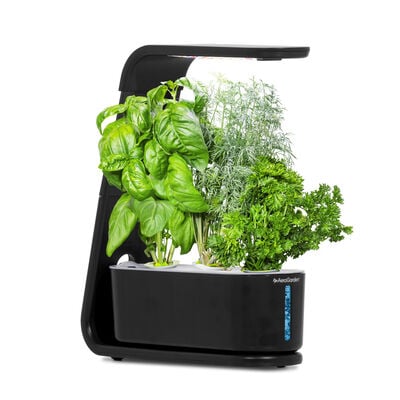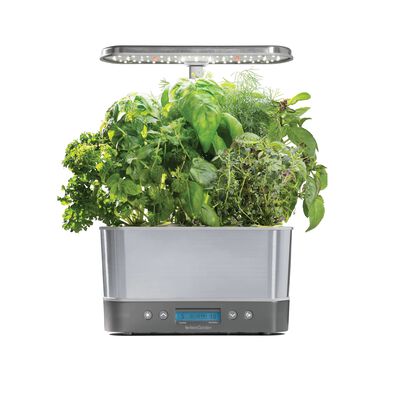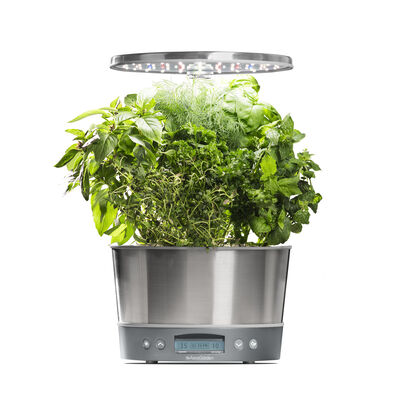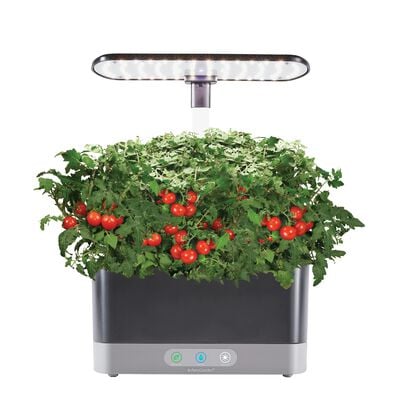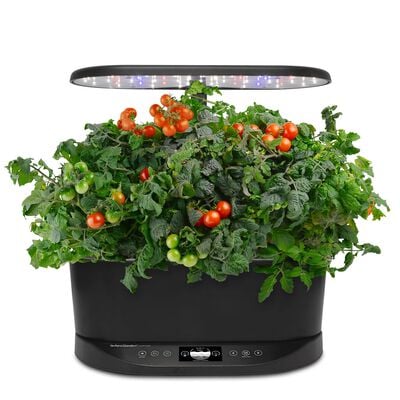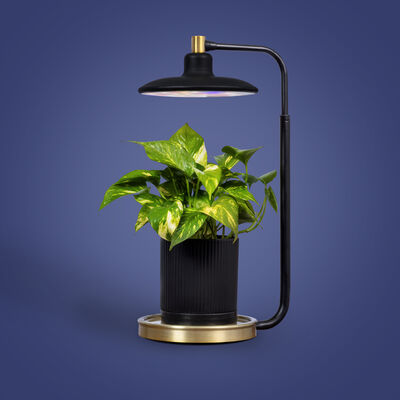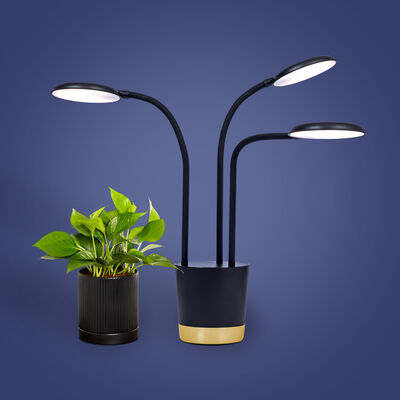Continue using your AeroGarden App!
Wish your plants could tell you what they need, when they need it? With the AeroGarden app, it's like they can! Download the app FREE on the App Store & Google Play.

No Green Thumb (Or Dirt) Needed

Cleaning Your AeroGarden
Freshen up your indoor garden by following these easy tips!

How it Works
How AeroGarden gardens and seed pod kits work!

Tips for Beginner AeroGardeners
Jump in for easy tips and tricks to go from beginner to expert.

The Benefits of Grow Lights for Indoor Plants
How can you keep your houseplants thriving inside? Read on for everything you need to know about grow lights for indoor plants!

Pod to Pot: Transplanting Seedlings to Soil from the AeroGarden Harvest
Learn more about transplanting AeroGarden plants from your countertop to the great outdoors!

Caring for Your Tomato and Pepper Plants
Tips to ensure your tomatoes and peppers remain compact and under control.

What Are Buzz Buttons?
Have you heard of the buzz button plant before?

How to Prune Your Favorite Herbs
Learn how to prune and harvest your favorite herbs, like basil and parsley.

4 Reasons Why Your Tomatoes Aren't Fruiting
Are your tomatoes not fruiting? Check out our helpful guide on ways to combat this common issue when growing your own tomatoes.

